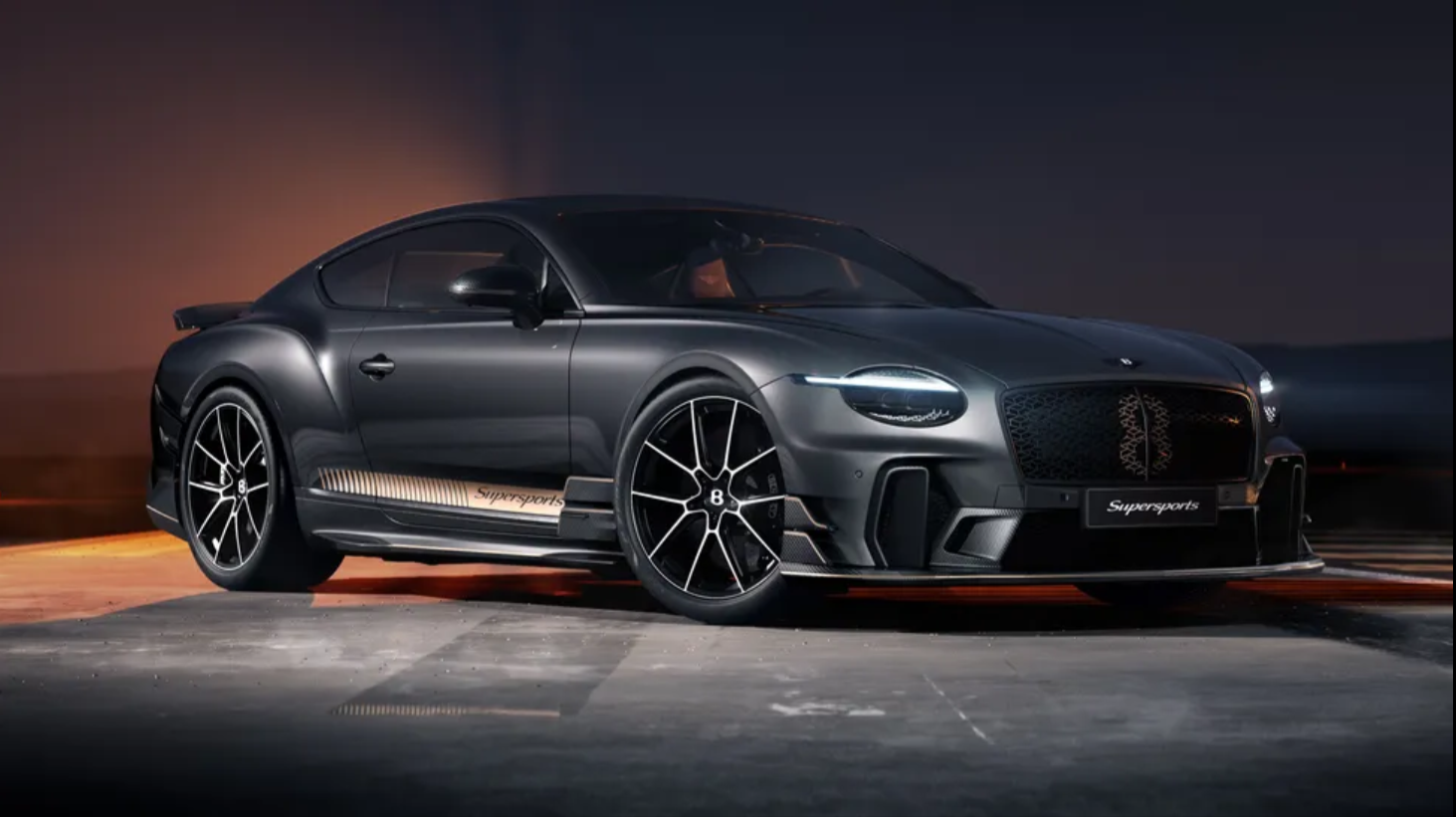Rolls-Royce is putting more than £300 million into expanding its Goodwood headquarters, gearing up for the next chapter of bespoke craftsmanship and electrification. This marks the biggest investment in the iconic West Sussex facility since its doors opened 22 years ago and paves the way for a second electric model, set to follow the Spectre in 2025.
The move underlines Rolls-Royce’s strategy of building increasingly personalised cars, as CEO Chris Brownridge aims to blend hand-built luxury with cutting-edge tech. The investment will allow the automaker to scale up its already lavish customisation programmes, which have seen demand soar to record levels. The expansion won’t be about increasing overall production numbers but about creating room to execute even more intricate designs.
The Goodwood factory will focus heavily on expanding bespoke and coachbuilt projects, the latter being Rolls-Royce’s most exclusive offering. Bespoke allows owners near-limitless choices of colour, materials, and design for the Spectre, Phantom, Ghost, and Cullinan. Coachbuild takes it further with one-off creations like the jaw-dropping Sweptail, the nautically inspired Boat Tail, and the elegantly crafted Droptail.
Rolls-Royce reported that 2024 was a landmark year for customisation, with the average value of bespoke features rising by 10% per car. Unsurprisingly, the Phantom Extended led the way as the most customised model, with the all-electric Spectre close behind. Buyers from the Middle East dominated the bespoke market, showcasing just how far clients will go to make their cars uniquely personal.
Brownridge clarified that despite rising demand, there’s no intention to boost daily production beyond its current rate of 25 to 26 cars. “This extension isn’t about volume,” he told Autocar. “It’s about giving us space for more bespoke and coachbuilt projects. These cars require time and craftsmanship, and that demands room.”
Another major focus of the Goodwood expansion is preparing for the next electric Rolls-Royce. Brownridge confirmed that the Spectre’s success has emboldened the brand to push further into electrification, with the next EV set to debut this year. Specifics remain tightly under wraps, but the CEO expressed confidence: “What we’ve learned from Spectre is that electrification enhances the Rolls-Royce experience. Silent drive, unmatched waftability, and effortless performance—it’s been overwhelmingly positive.”
While other luxury marques, including Bentley and Aston Martin, are adopting hybrid drivetrains to bridge the gap between combustion and full-electric power, Rolls-Royce remains steadfast in its purist EV approach. Brownridge was clear: “We won’t compromise. Our V12s are extraordinary, and Spectre is extraordinary. There’s no place for anything in between.”
Rolls-Royce has already committed to phasing out combustion engines entirely by 2030. Despite waning EV demand affecting other manufacturers, Brownridge believes Rolls-Royce’s customer base operates independently of broader automotive trends. “We’re not just building cars; we’re creating luxury goods. Our clients understand and support our vision for a fully electric future.”
By skipping hybrids and focusing on pure EVs, Rolls-Royce maintains its mantra of striving for perfection. The Goodwood expansion signals a new chapter - not only for the brand’s bespoke craftsmanship but for luxury electrification itself.







.jpg)


.jpeg)

.jpeg)
.jpeg)

